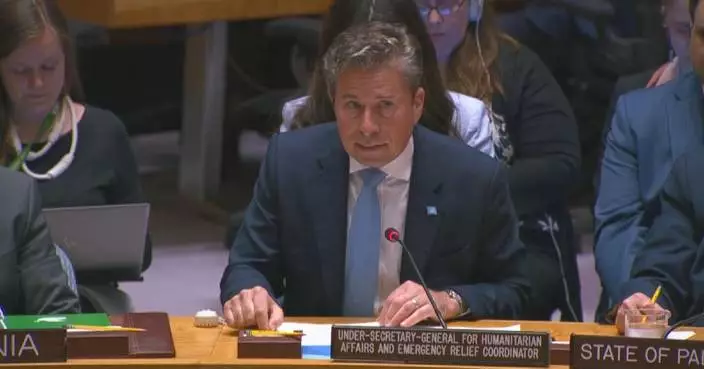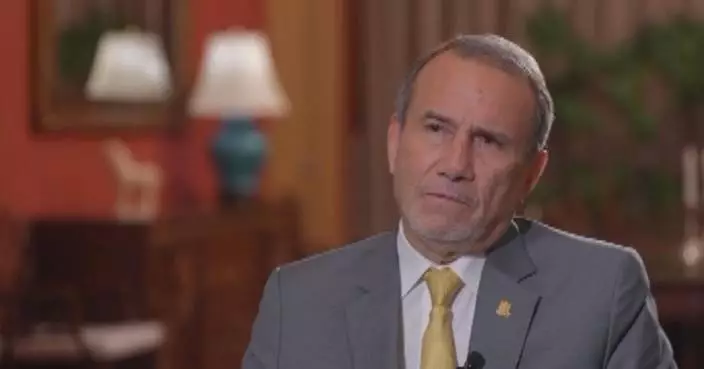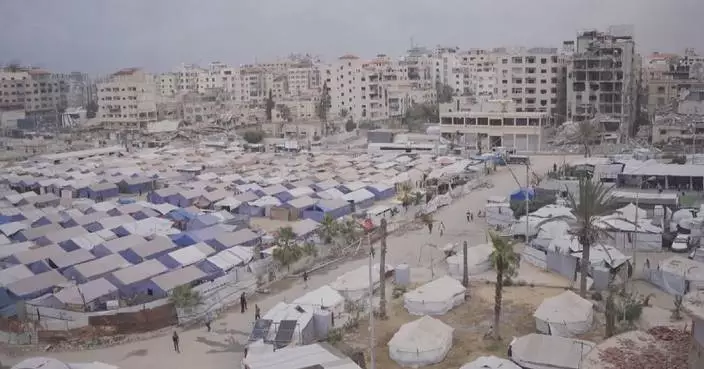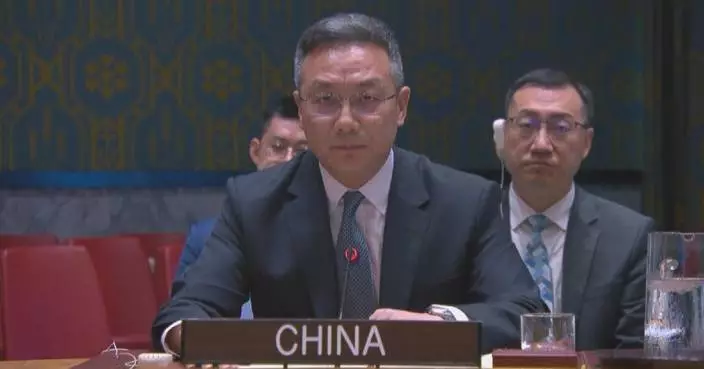President of Rwanda Paul Kagame on Sunday was sworn in for his fourth term, in a ceremony marked by pomp and color at the fully packed Amahoro Stadium in Kigali, the capital city.
The oath was administered by Chief Justice Faustin Ntezilyayo at an inauguration ceremony attended by thousands of Rwandans, as well as heads of state and government from countries, including the Central African Republic, Mozambique, Kenya, Ethiopia, Angola, South Sudan, the Republic of the Congo, Togo, Ghana, Guinea-Bissau, Guinea, Somalia, Gabon, Zimbabwe, Djibouti, Sudan, Tanzania, Botswana, Madagascar, Lesotho, Sao Tome and Principe, Senegal, Seychelles, and the Kingdom of Eswatini.
The event was also graced by heads of international and regional organizations, along with dozens of senior government officials from across Africa.
In his inaugural speech, Kagame described the ceremony as a day of renewal and gratitude. Reflecting on Rwanda's progress over the past three decades, Kagame noted that the achievements have surpassed expectations.
Kagame emphasized that the focus now shifts to the future, stating that the past 30 years have been a work in progress. He called the new mandate the beginning of even more hard work.
He pointed to ongoing efforts in areas such as security, health, infrastructure, and youth employment as evidence of Africa taking responsibility for its challenges and offering solutions. This mindset, he noted, is fostering unity and creating positive change across the continent.
About 9 million Rwandans cast their ballots in the presidential election held on July 15. Kagame, representing the ruling Rwanda Patriotic Front (RPF), won the election with 99.18 percent of the vote, according to the final results released at the end of last month by the National Electoral Commission (NEC).
His challengers, Frank Habineza of the opposition Democratic Green Party of Rwanda, and Philippe Mpayimana, an independent candidate, garnered 0.50 percent and 0.32 percent of the vote, respectively.
Kagame, who also serves as the chairman of the RPF, has been president since 2000, following his election as the president of the transitional government by ministers and members of parliament after the resignation of then-President Pasteur Bizimungu.
He was re-elected in the 2003, 2010, and 2017 presidential elections.
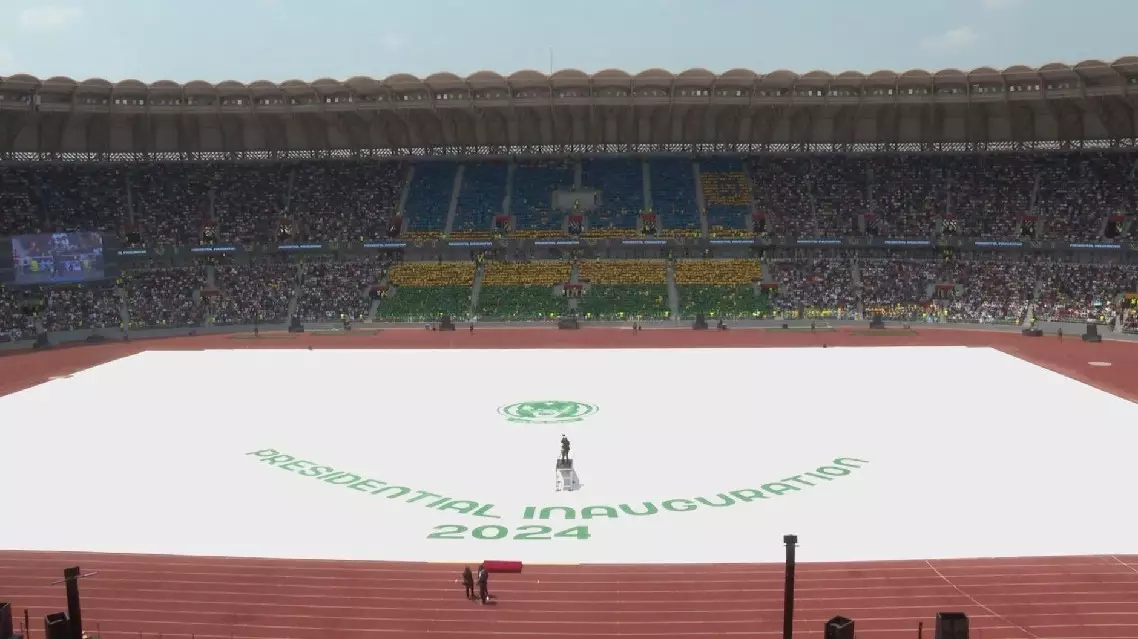
Kagame sworn in as president of Rwanda for fourth term
Mounting uncertainty over the U.S. tariff policies under President Donald Trump's administration is fueling distress among the farmers of Iowa state, a U.S. state long regarded as the "granary and breadbasket of America," and disrupting the agricultural sector, particularly its soybean industry.
Iowa's agricultural sector is heavily export-dependent, and the U.S. abuse of tariffs has left the state's farmers uncertain about how to plan for the future amid sudden changes in policy direction.
"It has been really difficult, especially with the stress on the market since the announcement of the tariffs. Any unsold soybeans that we have now will sell at a loss. It's what does the next three years look like in this very uncertain environment with different tariff ideas every day, every week. Like how do we plan as a business for that," said farmer Corey Goodhue.
The uncertainty has pushed some farmers to shift to alternative crops like corn, which currently faces fewer trade obstacles. But the switch comes at a cost. Prices for fuel, fertilizer, and other inputs have surged under the broader tariff regime.
Grant Kimberley, a large-scale farm operator and senior director of market development for the Iowa Soybean Association, said costs are rising across the board.
"We don't ever like to see food and agriculture used as a weapon in a trade disagreement because it doesn’t do either country any good," he said.
Data from agricultural equipment manufacturers showed the cost of machinery in the United States rose 18 percent year on year in spring 2025.
The ripple effects of falling farm income are already being felt in the wider community.
"So I think the tariffs have a trickle-down effect. As for the commodity, if the farmers don't make money, then no one else benefits. John Deere ( the world's leading tractor maker) lays off employees, and this situation just works its way through the community. So small businesses are really struggling with it," said Goodhue.
Policy analysts have warned that the longer-term economic damage could extend well beyond the farm belt.
"At this point of time, it has not yet begun to bite because people have already had inventories of these goods at the lower tariff rates. But soon, at some point of time, and it will be soon that the impact will be felt at grocery store counters. We will see areas where the U.S. was very competitive losing its competitiveness, and with other suppliers taking their position," said Sourabh Gupta, senior Asia-Pacific policy specialist at the Institute for China-America Studies.
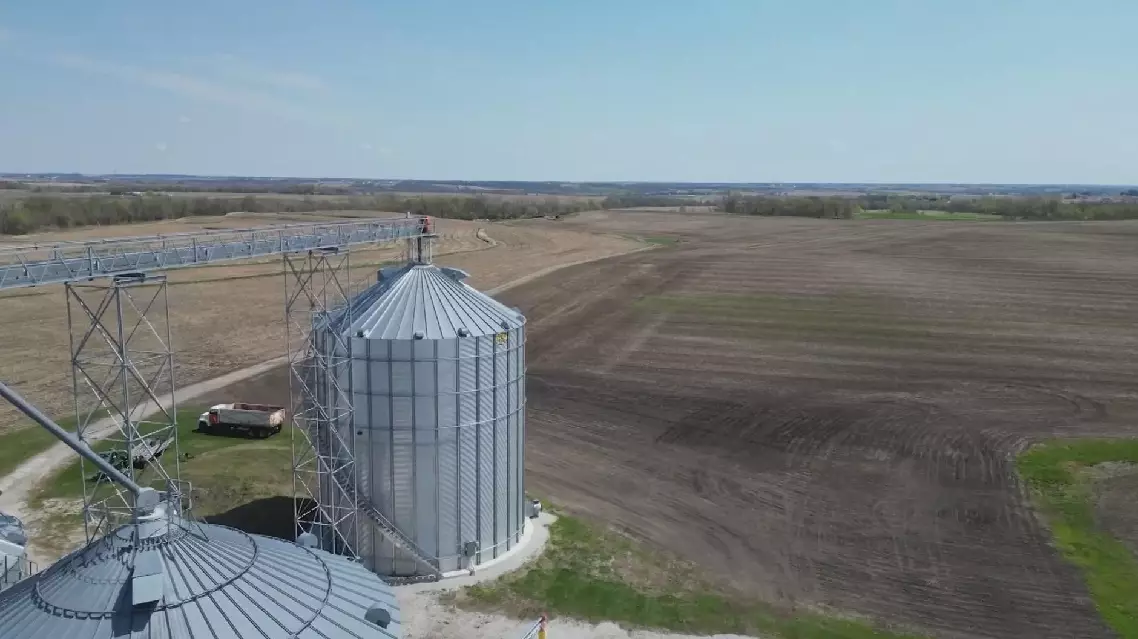
US tariff policy turmoil threatens Iowa's farmers, disrupting exports






